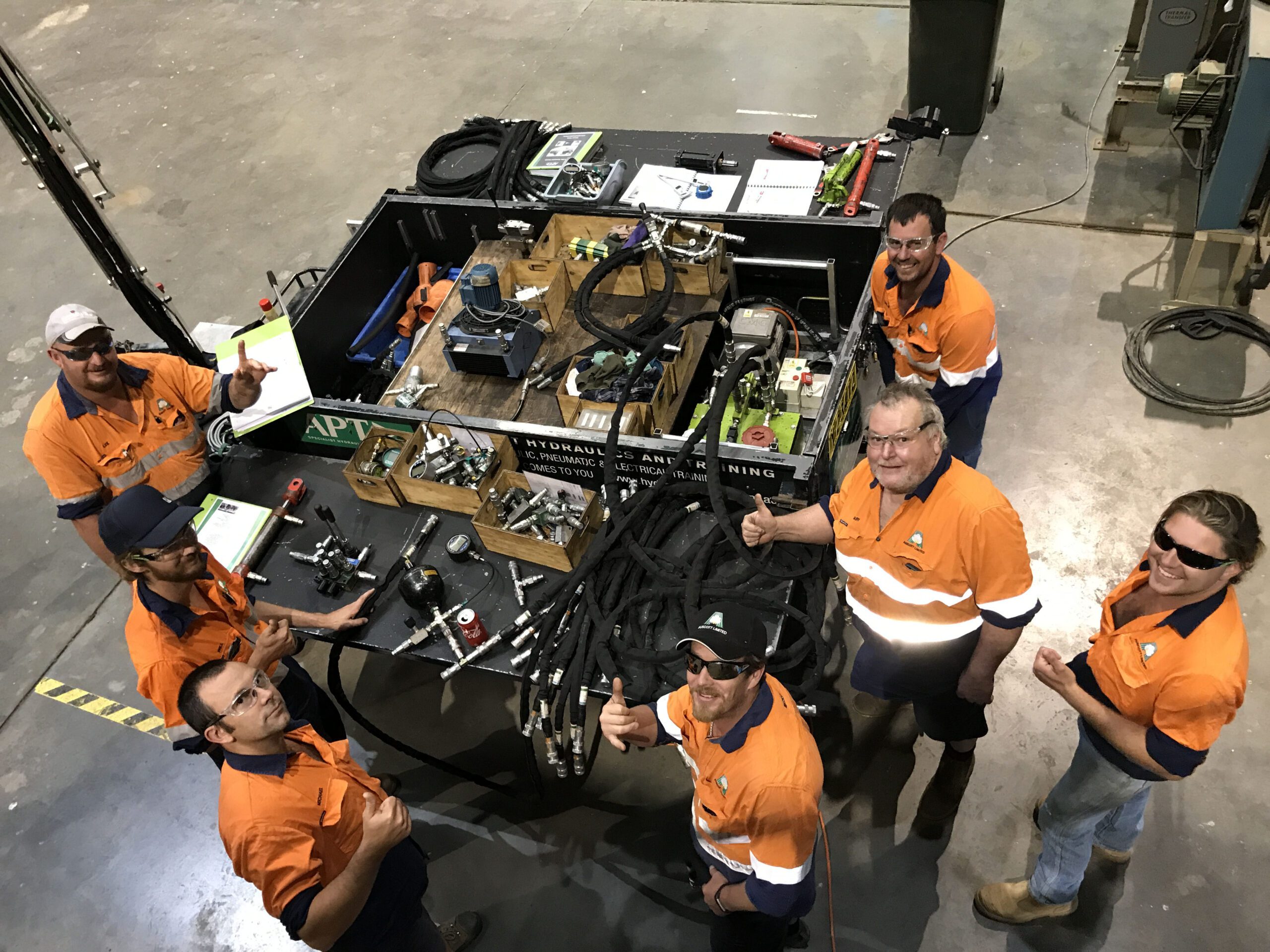
In the world of food production, efficiency, precision, and safety are of utmost importance. To achieve these goals, modern food production facilities rely heavily on hydraulic systems. Hydraulics play a crucial role in various stages of the food production process, from processing and packaging to handling and logistics. In this article, we will explore the applications of hydraulics in the food industry and how they contribute to seamless operations and product quality.
Processing Equipment:
Hydraulic systems find extensive use in food processing equipment, such as mixers, grinders, slicers, and conveyors. These systems provide the necessary power to operate heavy-duty machinery efficiently. For example, hydraulic cylinders control the movements of blades and cutting tools, ensuring precise slicing and chopping of ingredients. Hydraulics also enable the smooth operation of mixers, facilitating thorough blending and consistent product quality.
High-Pressure Processing:
High-pressure processing (HPP) is a technology used to preserve food products while maintaining their nutritional value and quality. Hydraulics are at the core of HPP systems, where high-pressure water is applied to food packages to eliminate harmful bacteria and extend shelf life. Hydraulic pumps generate the necessary pressure to reach the desired levels, ensuring food safety without compromising taste or texture.
Packaging and Filling:
In food packaging and filling operations, hydraulics play a vital role in maintaining accuracy, speed, and reliability. Hydraulic systems control the movements of packaging machinery, such as sealing, labelling, and capping machines, ensuring precise and consistent packaging. They also power filling equipment, enabling precise measurement and controlled dispensing of liquids, sauces, and other food products.
Material Handling and Logistics:
Efficient material handling is crucial in food production facilities to ensure a smooth flow of ingredients, products, and packaging materials. Hydraulic-powered lifting and conveying systems provide the necessary force and control to move heavy loads, such as pallets, crates, and containers. Hydraulic lifts and forklifts enable safe and efficient stacking and transportation of goods, optimising warehouse operations and logistics.
Automated Systems:
With the advancement of automation in the food industry, hydraulics have become integral to robotic systems used for various tasks, including product sorting, packaging, and palletizing. Hydraulic actuators enable precise and controlled movements in robotic arms, ensuring accurate and efficient handling of food items. These systems enhance productivity, reduce manual labour, and improve overall process efficiency.
While hydraulics offer numerous benefits in food production, it is essential to prioritise safety. Regular maintenance and inspections of hydraulic systems are crucial to prevent leaks, contamination, and equipment failure. Adequate safety measures, such as pressure relief valves, emergency stop buttons, and proper training, should be implemented to minimise risks and protect workers and consumers.
Hydraulic systems play a vital role in the food production industry, enhancing efficiency, precision, and safety. From processing equipment and high-pressure processing to packaging, filling, and material handling, hydraulics enable seamless operations and consistent product quality. By embracing hydraulics, food production facilities can optimise their processes, improve productivity, and ensure the delivery of safe and high-quality food products to consumers.
What other industries would you like to see in the spotlight?
Join us next week for another Fluid Power Friday.